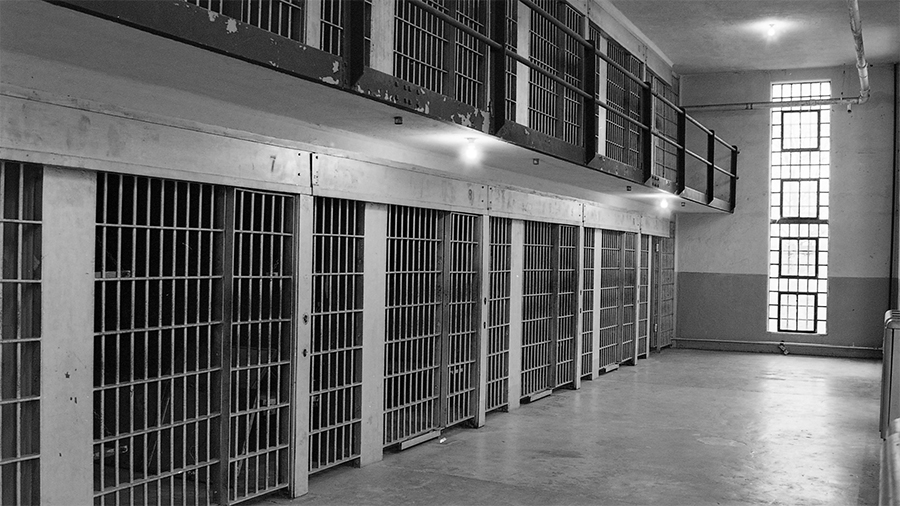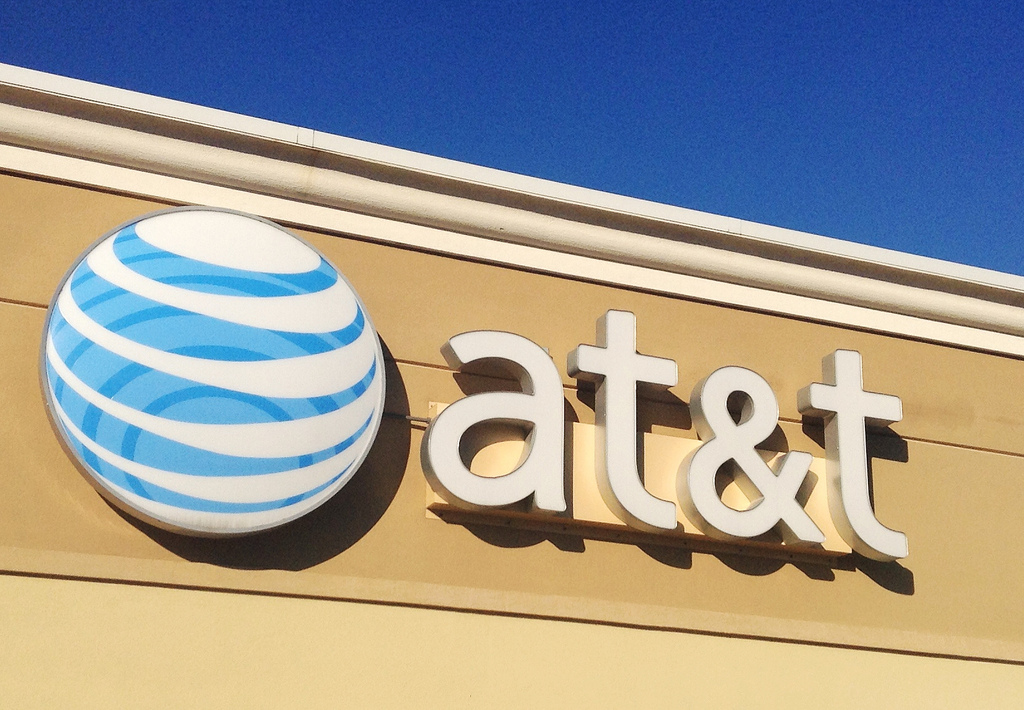Long-distance and collect calling aren’t something most of us have to think about all that often, anymore. But for the families of the 2.2 million Americans living behind bars, the monopoly contracts that exist on phone companies behind bars, and the exorbitant, sky-high rates that spring from them, are a huge problem — one that the FCC has just taken action to mitigate. [More]
fcc

FCC Now Sharing Weekly Robocall Complaint Data For Use In Building Call-Blocking Tools
The FCC has been on a bit of a crusade this year to try and curb the scourge of robocalls, one of consumers’ biggest complaints. To that end, they’re now going to share a new tool to help build weapons for that fight: consumers’ complaints. [More]
Wireless Companies Have A Plan To Make Your Mobile Data Faster And Better… But It Might Break WiFi
Over the last couple of years we’ve all finally gotten used to 4G LTE being the mobile standard our phones use… so of course, the next network tech is already in development. The wireless companies’ plans for expanding LTE networks sound simple: piggyback off spectrum that’s sitting right there, available for anyone to use, so the metaphorical pipes can be bigger. Except that could cause big problems for basically all the wireless tech we already use. [More]
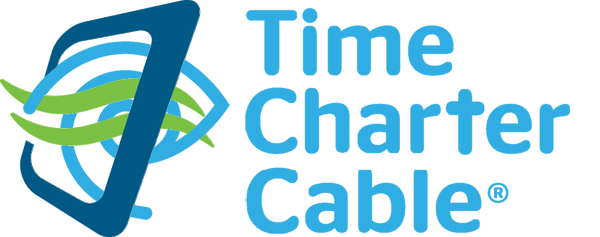
What Key Players Are Telling The FCC About The Charter / Time Warner Cable Merger
The three-way Charter/Time Warner Cable/Bright House merger hit one of its major milestones this week, as the first deadline for filing comments with the FCC has come and gone. As one might expect, consumer advocates and competing businesses are less than thrilled with the major merger plan. [More]
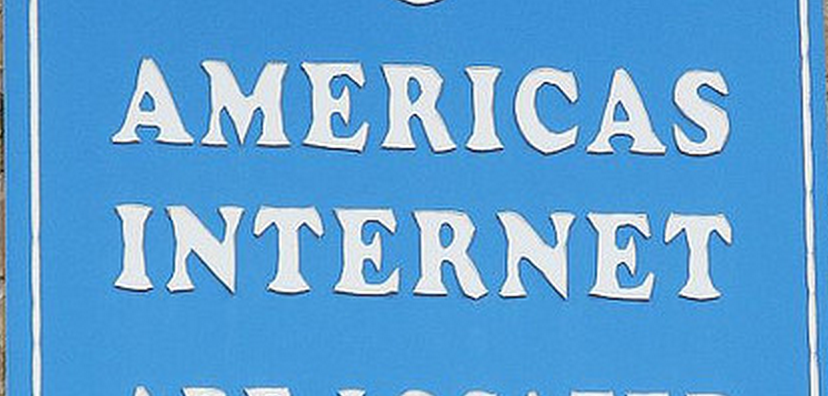
FCC: Net Neutrality Doesn’t Violate Internet Service Providers’ First Amendment Rights
About a week after the FCC narrowly voted to approve new net neutrality rules that prevent Internet service providers from deciding which types of online content get preferential or detrimental treatment, the telecom industry was ready with lawsuits. One of those plaintiffs argues that net neutrality is a restriction on ISPs’ First Amendment right to free expression, but the FCC counters that this is like trying to claim that your TV or radio have their own constitutionally protected rights to free speech. [More]
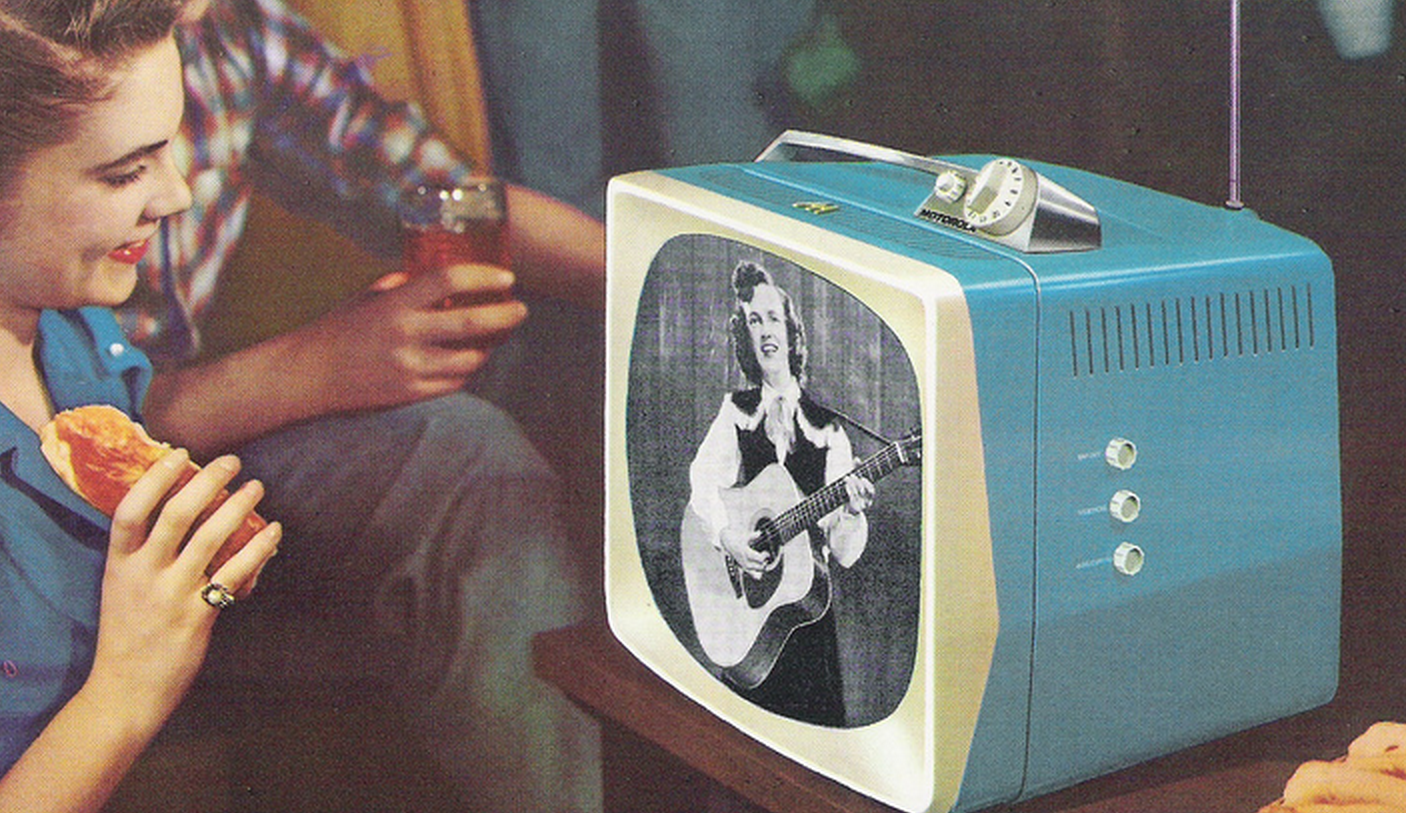
TV Stations & Radios Can Now Just Tell You To Go Online For Contest Rules
In 1976, the Federal Communications Commission adopted the so-called “Contest Rule,” which sought to increase transparency in on-air contests by requiring that TV and radio broadcasters disclose the terms of the contest over the air. And even though there have been huge technological and cultural changes in the nearly 40 years since, allowing shows to also put their rules online, broadcasters must still explain them on air. That’s about to change. [More]

Government And Industry Get Together At FCC Workshop To Figure Out How To Kill Robocalls Already
Robocalls suck. They have continued to suck for a very long time. Everyone hates them. The FCC has been trying to make them go away for many months now, and to that end they held a workshop today in Washington, DC bringing together regulators, consumer advocates, and industry executives to talk about what everyone can do to make these lousy, often-fraudulent annoyances go away. [More]
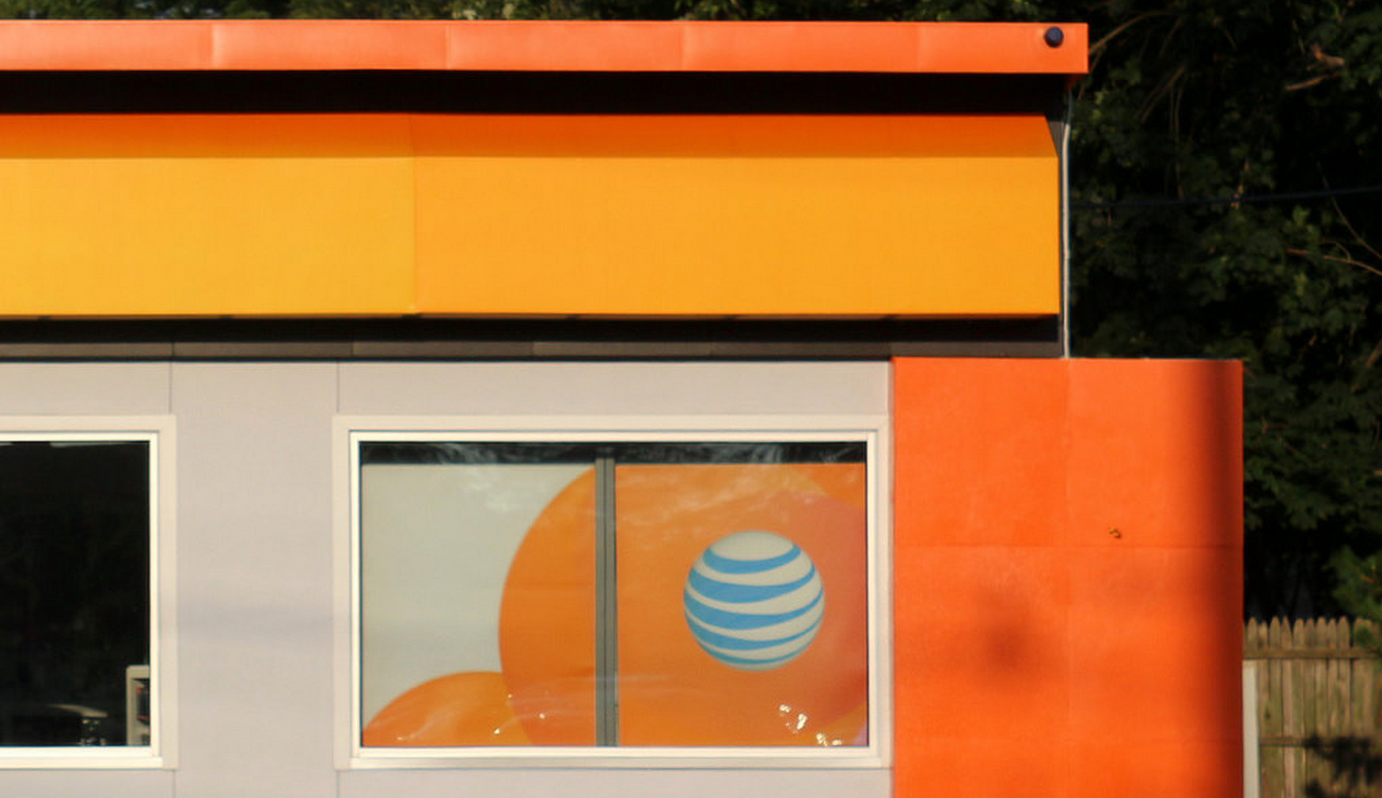
AT&T Unlimited Data Plan Now Tops Out At 22GB/Month Before Throttling
AT&T, which is currently fighting the Federal Communications Commission over a possible $100 million penalty for its practice of throttling data speeds for customers with so-called “unlimited” data plans if they used up more than 5 gigabytes of LTE data in a month, has decided to increase that monthly usage threshold all the way up to 22GB. [More]

Lyft & First National Bank Busted For Forcing Customers To Accept Robocalls & Spam Text
As we recently pointed out with the PayPal terms of service, it’s against the law for a company to require that its customers to accept spam text messages and pre-recorded, auto-dialed robocalls. Someone should have forwarded that message on to Lyft and First National Bank. The FCC has cited both companies for forcing their customers to agree to unwanted marketing messages, in violation of federal law. [More]

U.S. Chamber Of Commerce Sues FCC To Stop Efforts To Block Obnoxious Robocalls
Consumers hate getting endless robocalls on their landlines and cell phones, and with good reason: they’re incredibly annoying. But they exist for a reason, too: legitimate businesses and scammers alike both find that, to some degree, they work. So when the FCC proposes a rule to let consumers cut back on the annoyance in their lives, businesses are not necessarily thrilled. [More]
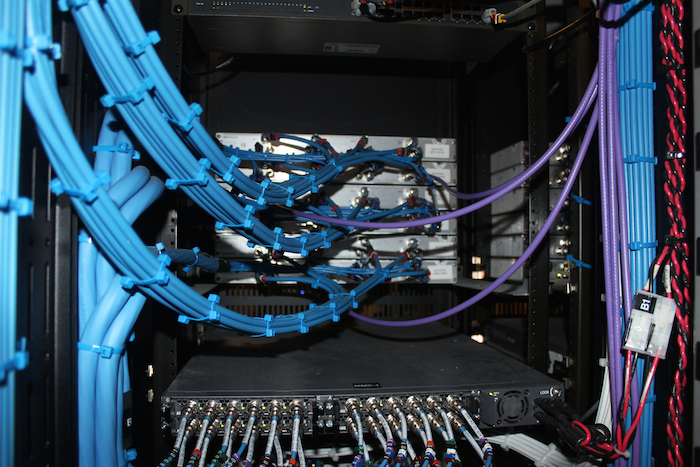
North Carolina City Is First To Offer Internet Service That’s 10 Times Faster Than Google Fiber
While Google is in the process of deploying high-speed gigabit Internet service in North Carolina’s major metro areas of Charlotte and Raleigh-Durham, the folks in the much smaller city of Salisbury, NC, are being offered access to broadband that’s several times faster. [More]
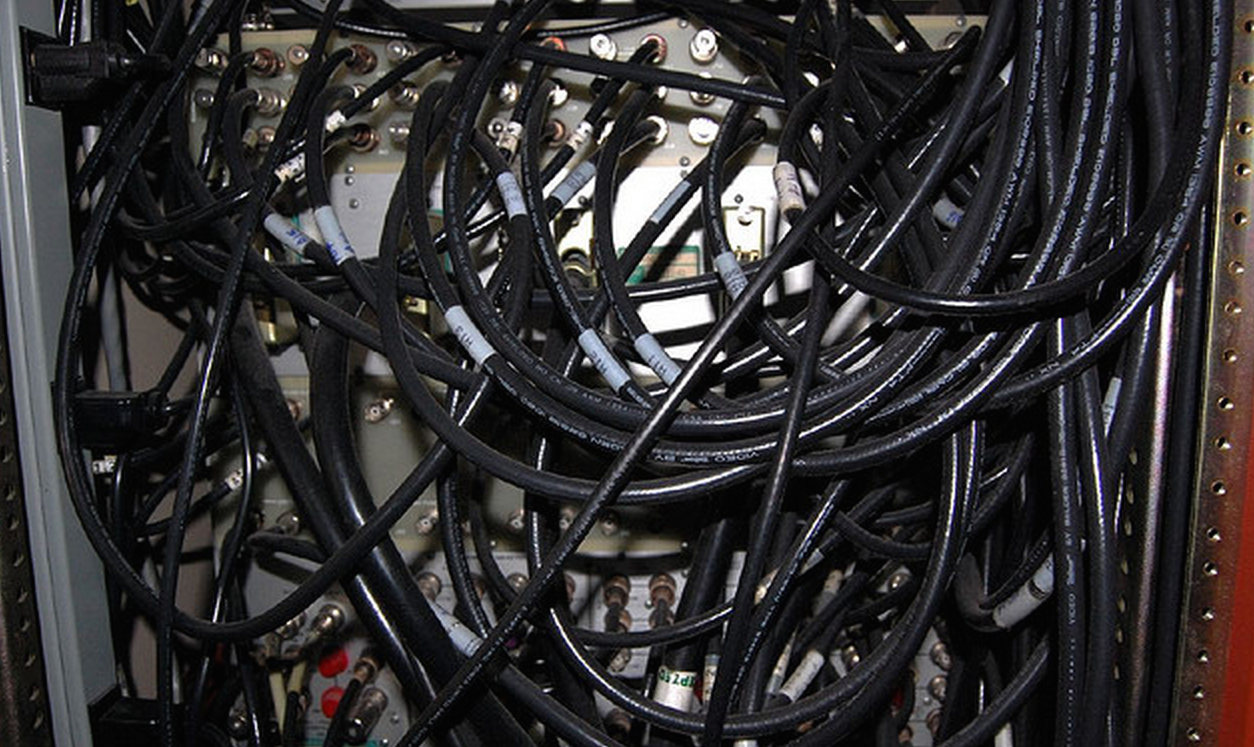
Broadcasters Association Sues FCC Over Cable Competition Rules
Under federal law, a city can regulate cable TV rates for its residents if there is not “effective competition” in that market — that is, if one cable operator dominated the TV landscape in that area. But the Federal Communications Commission recently revised its way of looking at things so that it now presumes that satellite providers offer effective competition for the cable industry. This change hasn’t gone over well with broadcasters, who have petitioned a federal appeals court to challenge the FCC. [More]
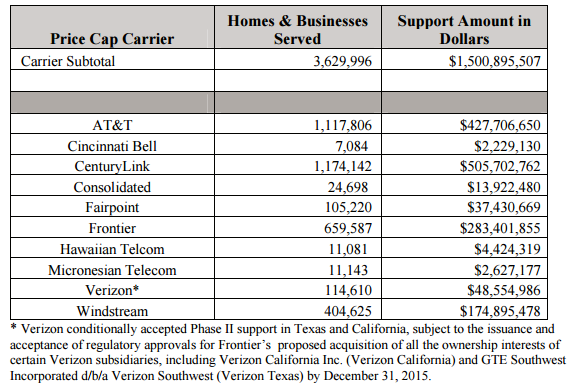
Ten ISPs Sign On With FCC Fund, Will Expand Rural Broadband To Over 7M Customers In 45 States
While those of us who live in or near the country’s medium and large cities see slow but eventual improvements in broadband service and sometimes even some competition, the same is not true for millions of Americans who live in the more rural parts of the country. Running wires outside of the ‘burbs costs more money than it brings in, so carriers aren’t keen to do it without a boost. And that’s where the FCC’s Connect America fund comes in. [More]
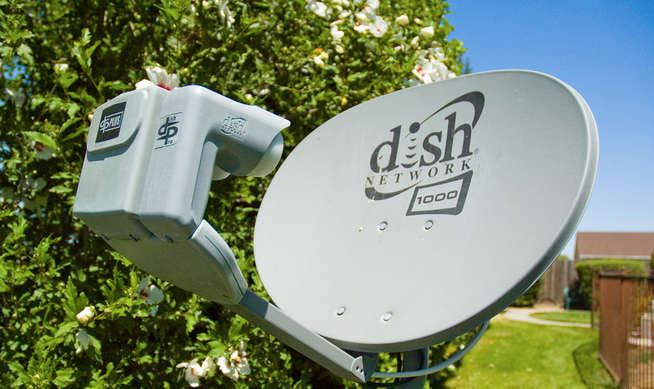
Dish, Sinclair End Broadcast Network Blackout… For Now, At Least
Dish’s latest contract fight with the networks it airs has wrapped up much more quickly than usual: less than a day after nearly 130 Sinclair channels went dark on the satellite provider, the local channels are back on in 5 million subscribers’ homes. At least, for now. [More]
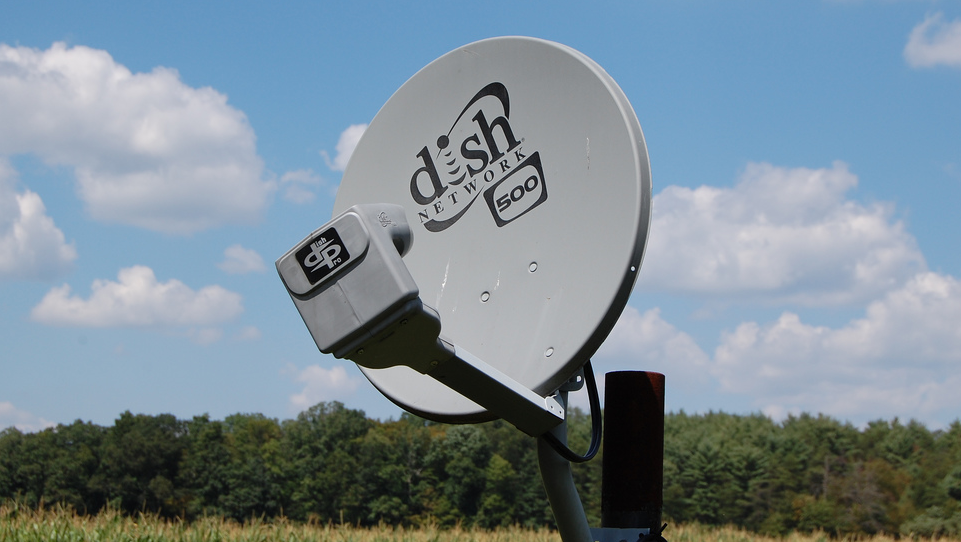
Hundreds Of Local Channels Go Dark For Millions Of Dish Subscribers In Latest TV Blackout Fight
Dish Network subscribers may have a hard time getting their local news and weather today along with some of their favorite network programming. A contract dispute between the satellite TV company and one of the biggest network owners in the country has resulted in one of the biggest TV blackouts to date, with 5 million viewers losing access to nearly 130 channels. [More]
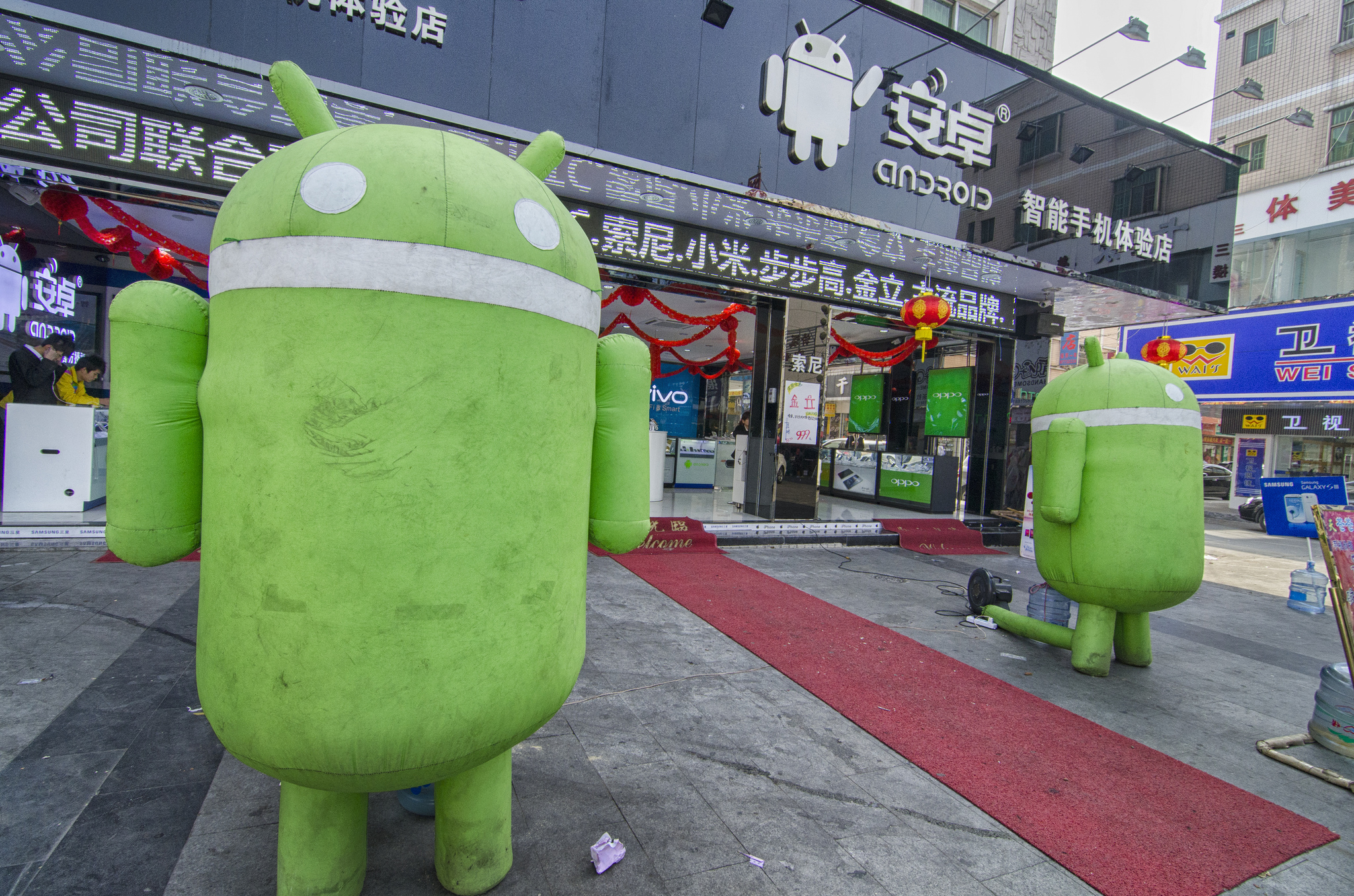
Why Don’t Huge Privacy Flaws Result In Recalled Smartphones?
When a car has a major flaw, like a potentially lethal airbag, it gets recalled. Same for a coffeemaker, or a surfboard, or a prescription drug. But when that major flaw is in a product’s software — like a huge exploit that puts literally a billion consumers’ privacy and personal data at risk — there’s no universal process out there for remedying the situation. Do we need one? And if so, how can we get one? [More]
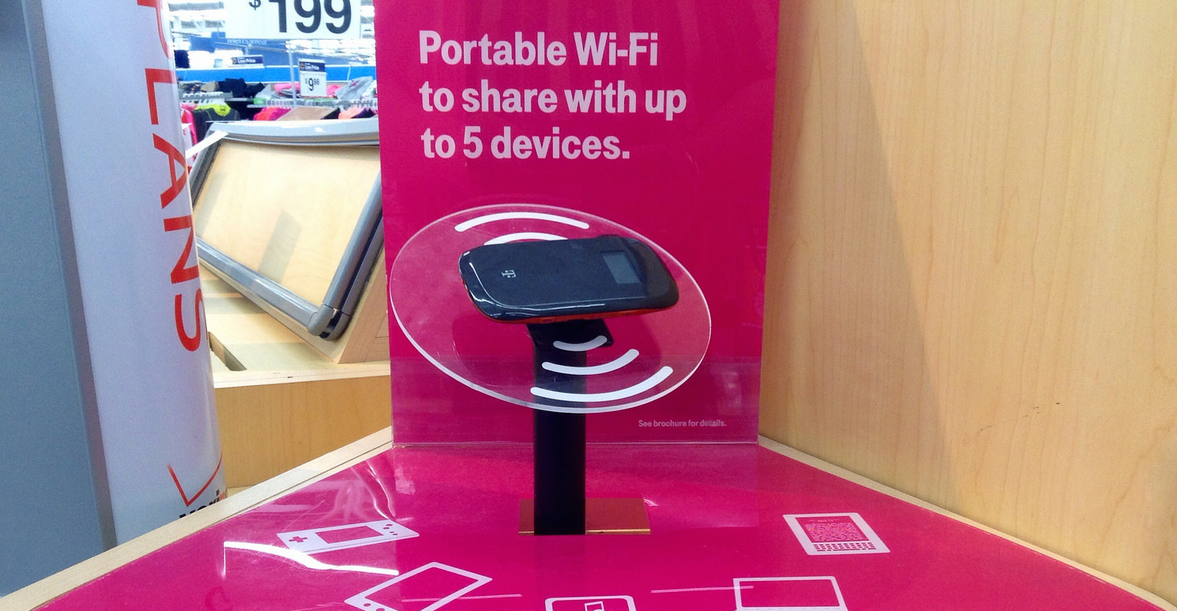
Company Fined $750K For Blocking WiFi Hotspots At Convention Centers
In Section 333 of the Communications Act, it states that “No person shall willfully or maliciously interfere with or cause interference” with any licensed or authorized radio communications. But a company that provides Internet service for hotels and convention centers around the country has admitted to deliberately preventing people from using their own, legal hotspots to go online. [More]


